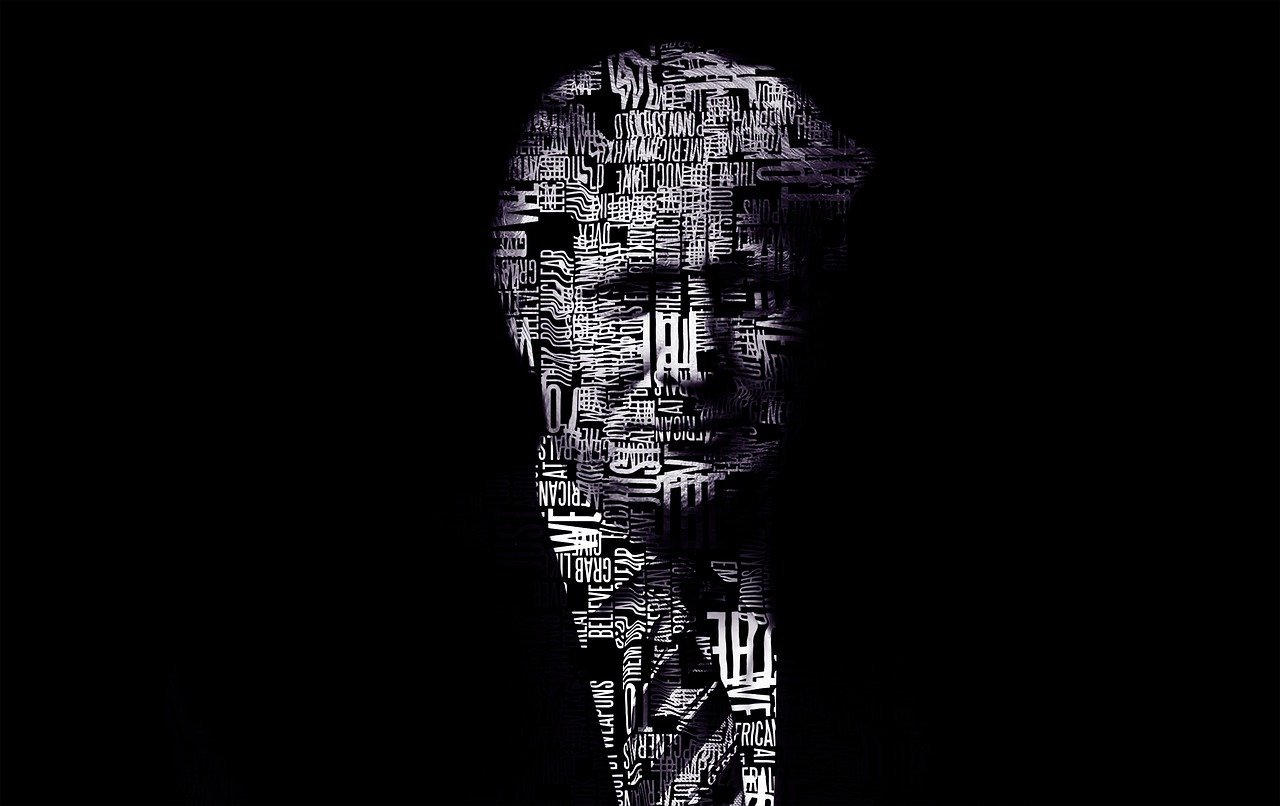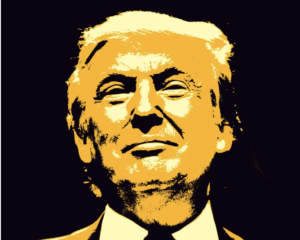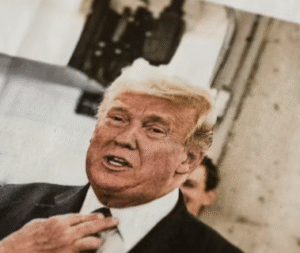#DonaldJTrump #EJeanCarroll #LegalNews #FalseAccusation #DefamationCase #2023Trial #JusticeSystem #USPolitics
In a development that continues to arrest the attention of the public and media alike, former President Donald J. Trump has firmly reiterated his stance regarding E. Jean Carroll’s allegations against him. Back in 2019, Carroll, a respected writer, had accused Trump of sexual assault, an incident she claims occurred in the mid-1990s. Trump, however, has steadfastly maintained that Carroll’s accusations are entirely unfounded, labeling them as a “totally false accusation.” This controversy has not only sparked widespread media coverage but has also paved the way for a legal showdown that is drawing scrutiny from various quarters.
The dispute between Trump and Carroll has escalated into a defamation case, setting a significant legal precedent and triggering a broader conversation about accountability, power dynamics, and the challenges faced by individuals coming forward with accusations against prominent figures. The taut tension between freedom of speech and defamation, especially in cases involving allegations of assault, has become a focal point in this high-profile case. It highlights the often complex and difficult path to justice faced by accusers, particularly when the accused holds a significant position of power or public influence. Trump’s unwavering denial and the subsequent legal battles emphasize the polarized reactions such cases elicit in the public domain and amongst legal professionals.
This ongoing saga not only sheds light on the legal intricacies involved in defamation cases but also calls into significant question the societal attitudes towards allegations of sexual assault. The discourse surrounding the case encapsulates a myriad of issues, including the credibility of accusers, the role of the media in shaping public opinion, and the impacts of power and privilege on the justice process. As the case proceeds, it is bound to offer further insights into the complexities of defamation law, the ethical responsibilities of public figures, and the broader societal implications of sexual assault allegations. The resolution of this case could potentially set precedents for how similar cases are viewed and handled in the future, underscoring the ongoing evolution of the legal and moral standards governing such sensitive and divisive issues.







Comments are closed.